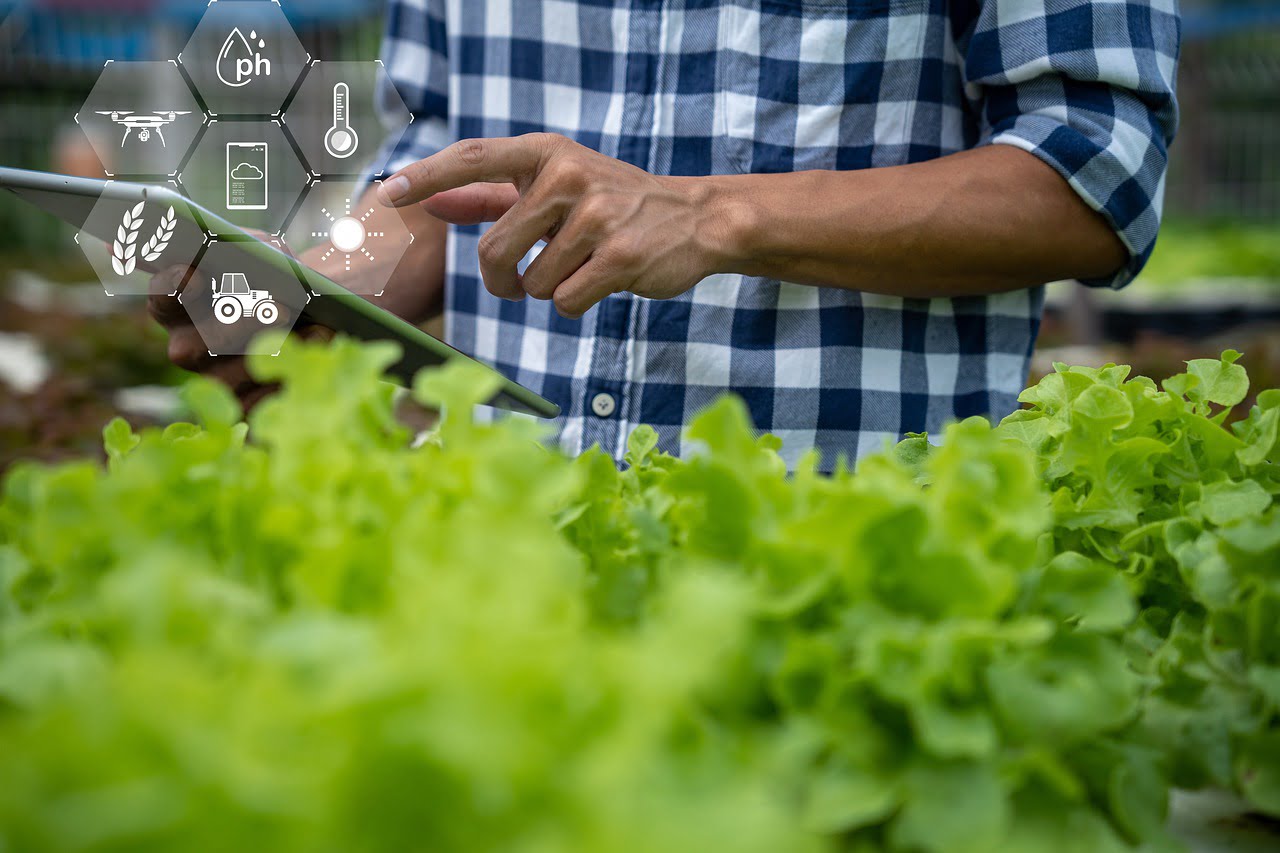Harnessing the Power of Technology to Revolutionize Agriculture

Agriculture technology has been a major boon to the agricultural industry, providing farmers with the tools they need to increase yields, reduce costs, and improve the quality of their products. With the advent of new technologies, farmers can now access data from their fields in real-time, allowing them to make informed decisions about crop management and harvesting. In addition, the use of automation and robotics in the agricultural industry has allowed for increased efficiency and accuracy in crop production.
The use of technology in agriculture has allowed for more efficient use of resources, such as water, land, and labor. By using precision agriculture and other data-driven tools, farmers can now monitor and adjust their crop management practices to ensure optimal yields. This technology also allows the use of fewer inputs, such as fertilizers and pesticides, which can reduce the environmental impact of farming.
In addition, the use of technology in agriculture has allowed for the development of new products, such as genetically modified organisms (GMOs). GMOs are organisms whose genetic material has been altered to produce desired traits, such as increased yields or resistance to pests. While there is still much debate over the safety of GMOs, they have been shown to be beneficial in some cases, such as increasing crop yields and reducing the use of pesticides.
The use of technology in agriculture has also enabled farmers to access new markets. By using digital platforms, farmers can now connect with buyers from around the world, allowing them to increase their profits. This technology has also enabled farmers to access new sources of capital, such as venture capital and crowdfunding, which can help them to expand their operations.
Overall, the use of technology in agriculture has been a major boon to the agricultural industry. It has allowed for increased efficiency, improved yields, and reduced environmental impacts. It has also enabled farmers to access new markets and sources of capital, allowing them to increase their profits. As technology continues to advance, it is likely that the agricultural industry will continue to benefit from its use.